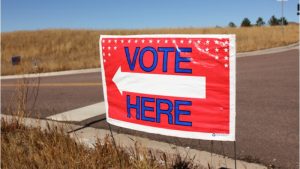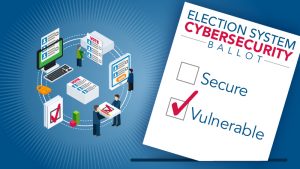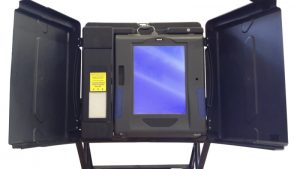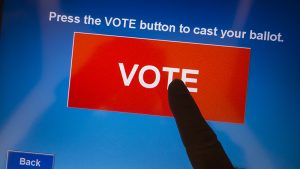The Billington CyberSecurity Summit closed out day two with a discussion with the Cybersecurity and Infrastructure Security Agency’s (CISA) Senior Election Security Advisor, Kim Wyman, on the necessity of voting infrastructure protection in the upcoming national elections.
In a bipartisan effort, Harvard University’s Belfer Center for Science and International Affairs is looking to protect elections from cyberattacks and propaganda. The Cybersecurity Campaign Playbook, released today, gives campaign officials simple, actionable information to better secure campaign information from adversaries attempting to use cyberattacks.
Donald Trump won the presidency in the wee hours of the morning of Nov. 9 to the shock of many people, including election forecasters. The poor quality of the big data used to create their forecasts may account for why so many people did not anticipate the election results.
Due to the many ways that attackers could affect the results from voting machines, those working on Election Day should have better training and retain “a pinch of paranoia,” according to Tony Cole, vice president and global government chief technology officer at FireEye.
The new reality of elections in the United States is a return to paper ballots. They’re a semi-high-tech optical scan ballot that is first marked by the voter and then processed by an optical scanner to tabulate the votes.







